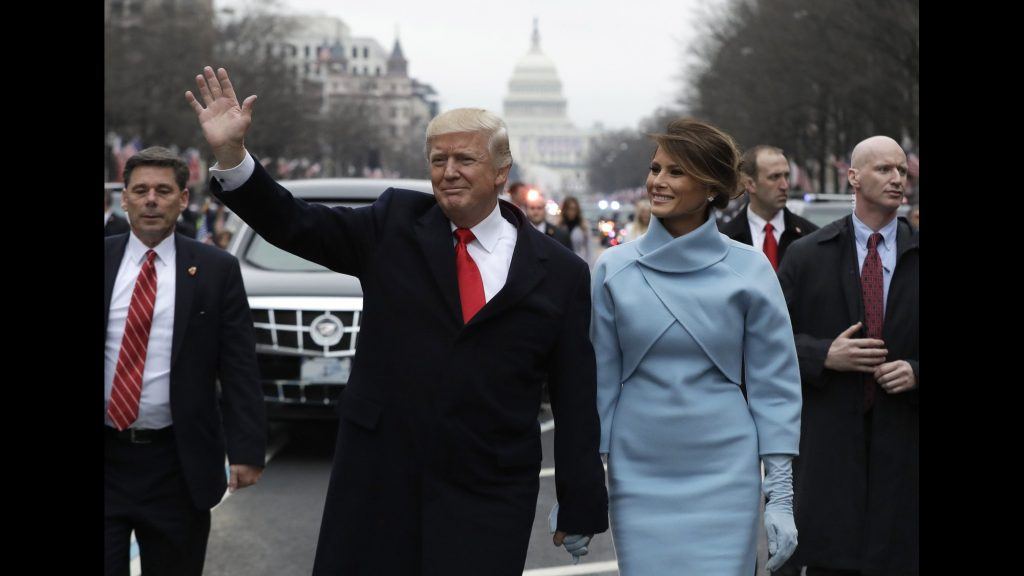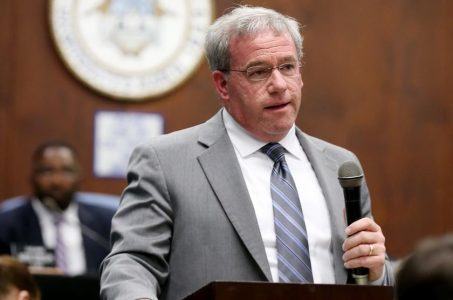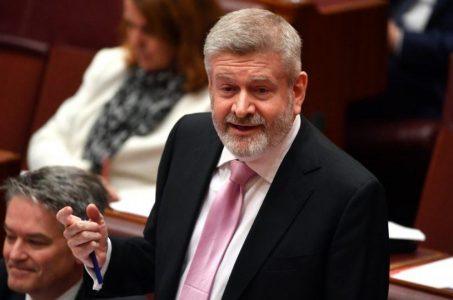How Politics and Gaming Met Up in 2017: Trump, Immigration Status, and Betting Limits Take Center Stage
Posted on: December 29, 2017, 10:00h.
Last updated on: November 16, 2017, 12:27h.
When politics met gaming in 2017, the intensity hit from all sides of the fence. And when Donald Trump officially became the 45th President of the United States in January, becoming the first former casino owner ever to hold the office, there was no doubt that politics and gaming would be deeply intertwined all year and likely for his entire term in office.

Wynn Chairs RNC Committee
Given President Trump’s ties to the gaming industry, it was little surprise that many conservative casino owners became early supporters of his bid for the presidency. That included names like Sheldon Adelson and Carl Icahn, but Steve Wynn was a notable exception, as the casino mogul and new finance chair of the Republican National Committee chose not to publicly endorse Trump during the campaign.
In March, Wynn clarified that he’d always felt supportive of the president. However, his interests in Macau had made him wary of issuing a public endorsement, particularly because of Trump’s repeated criticism of US trade agreements with China.
Ruffin It Up
Another supporter of Trump’s presidential bid had been billionaire and Las Vegas Strip Treasure Island casino owner Phil Ruffin.
In late March, word broke that the Trump Organization, now under the control of sons Eric and Donald Trump Jr., was in discussions to build a new casino resort in Las Vegas next to the Trump International Hotel, which is currently jointly owned by the Trump Organization and Ruffin. The proposal would be to turn what is a paved parking lot into a casino.
But after lots of brouhaha in March, there was nothing further on the status of the project, so we’ll have to wait for the other shoe to drop in 2018.
Murren Voices Opposition
Not every casino owner was happy with Trump’s election, however. In 2017, we saw several executives and corporations in the gaming industry push back against the new administration and more broadly, what they considered to be the rise of alt-right politics.
MGM CEO Jim Murren may have been the most vocal of these critics. Following the “Unite the Right” rally that saw white supremacists march in Charlottesville, Virginia, Murren told workers at his company that MGM would match donations to any of seven anti-hate organizations he identified.
The move was certain to ruffle some feathers, as the supported groups included several that are frequently criticized in conservative media, such as the Council on American Islamic Relations (CAIR) and the Southern Poverty Law Center.
DACA Impacts Casino Workers
Along with Caesars Entertainment, MGM was also among the gaming operators that sharply criticized President Trump’s decision to phase out the Deferred Action for Childhood Arrival (DACA) program.
Both companies have many employees in Nevada that have been allowed to stay in the country because of DACA, which prevented the deportation of children who had been brought to the country illegally.
About 13,000 so-called “Dreamers” live in Nevada, many of whom work in the state’s casinos. Executives from both companies hoped that Congress could work quickly to provide stability so those affected could have certainty as to their future in the United States. A six-month deadline was created, which ended on October 5, likely leaving many casino workers on shaky ground regarding their legal status.
UK FOBT Betting Limits Under Fire
Politics and gaming aren’t just bedfellows in the United States, of course. Over in the UK, one of the hottest topics of the year was the future of fixed-odds betting terminals (FOBTs), the highly profitable machines found in so many betting shops throughout the country.
The controversy over the future of FOBTs came to a head in October, when the Department for Culture, Media, and Sport issued its review of the gaming industry. The review recommended a reduction in the maximum bet allowed on the machines, which currently stands at £100 ($132), to somewhere between £2 ($2.63) and £50 ($66).
This promises to continue to be a major point of contention in 2018, as bookmakers, regulators, and government officials battle over exactly where the new limits should be placed.
Related News Articles
Australia Considers Regulating Online Poker as Internet Gambling Ban Takes Effect
Most Popular
PUCK, NO! Health Dept. Closes Las Vegas Wolfgang Puck Restaurant
Oakland A’s Prez Resigns, Raising Questions About Las Vegas Move
MGM Osaka to Begin Construction on Main Resort Structure in April 2025
Most Commented
-
UPDATE: Whiskey Pete’s Casino Near Las Vegas Closes
— December 20, 2024 — 33 Comments -
Zillow: Town Outside Las Vegas Named the Most Popular Retirement City in 2024
— December 26, 2024 — 32 Comments -
Oakland A’s Prez Resigns, Raising Questions About Las Vegas Move
— December 27, 2024 — 9 Comments -
UPDATE: Former Resorts World & MGM Grand Prez Loses Gaming License
— December 19, 2024 — 8 Comments
















No comments yet